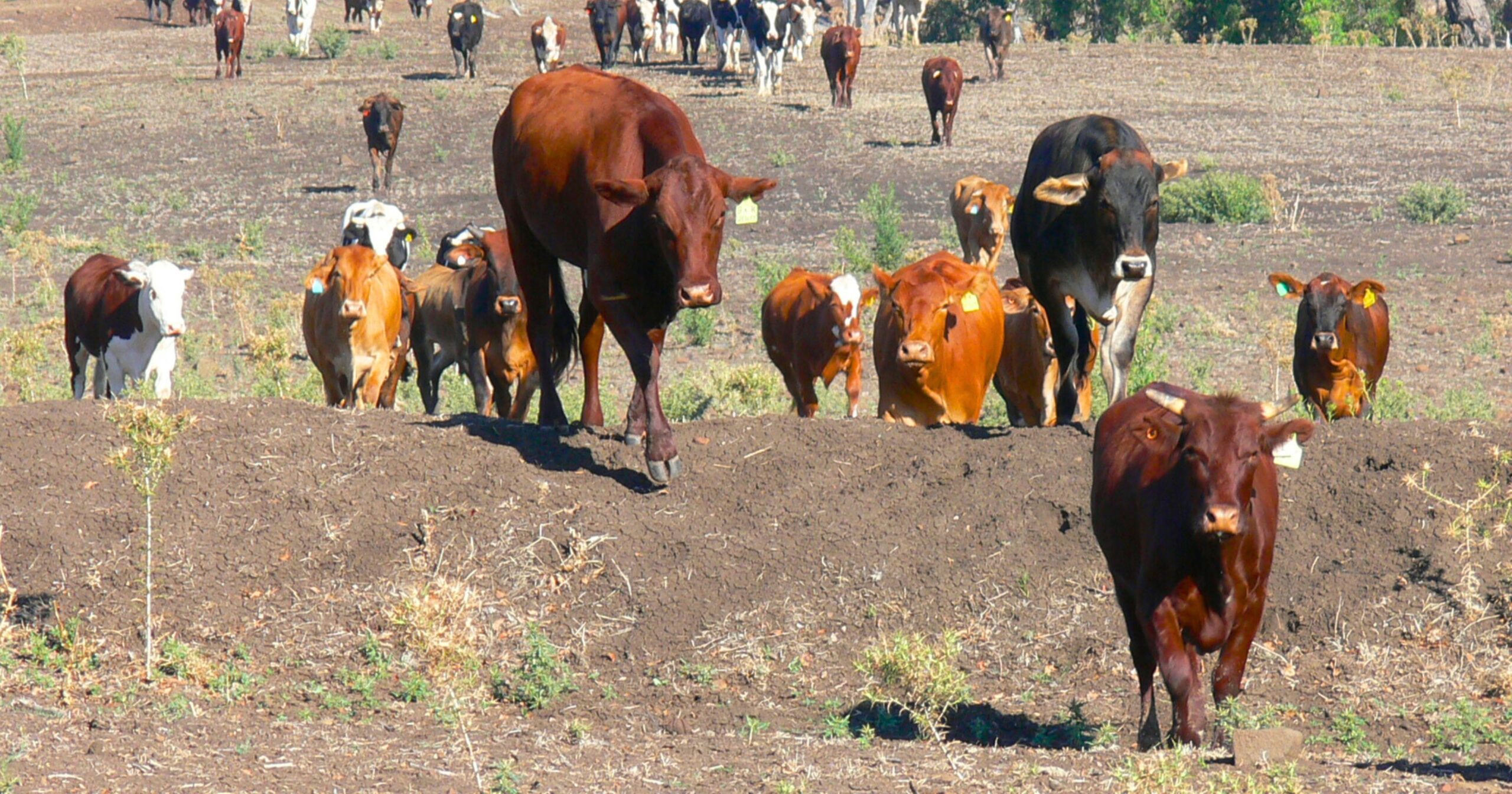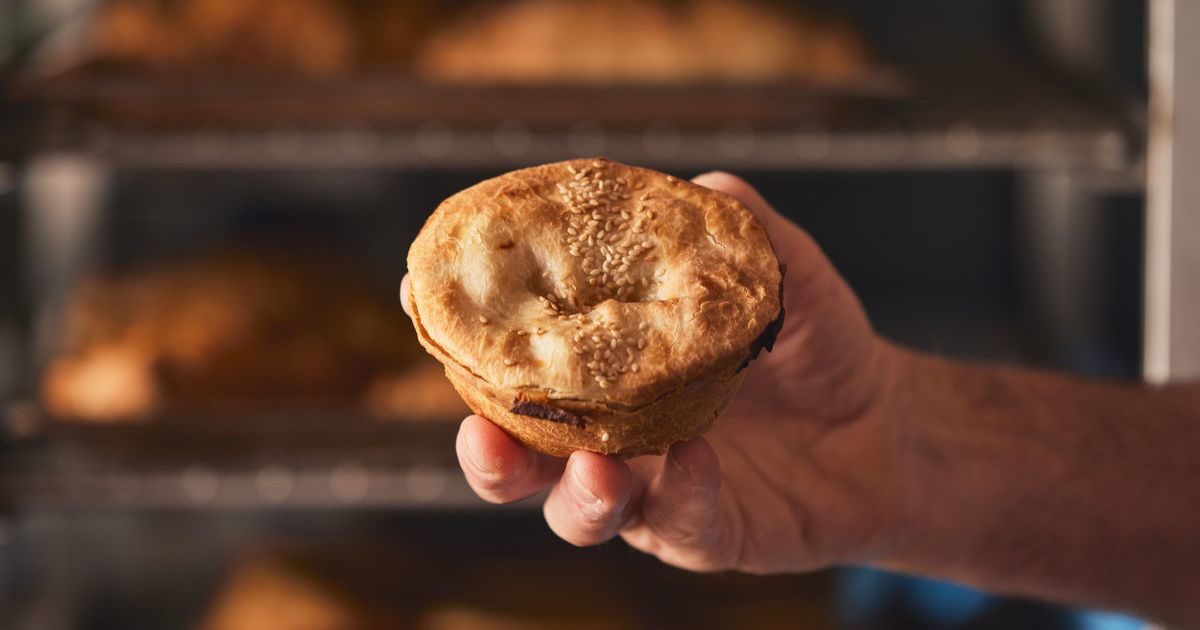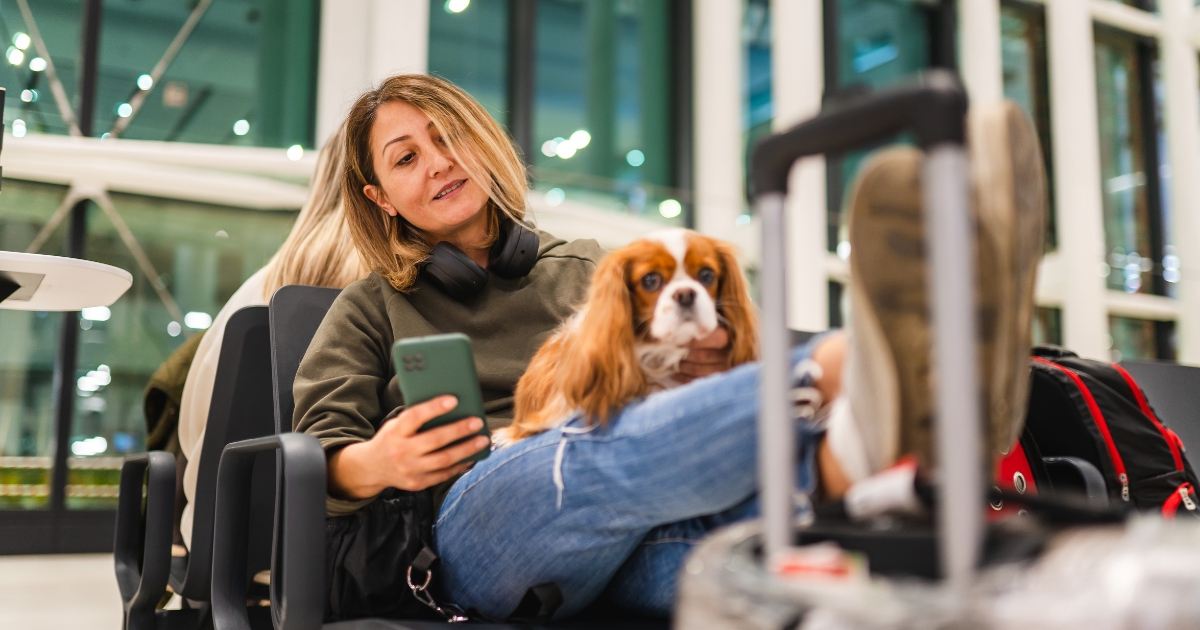Generosity creates a classic result

Long walk: nearly 800 people took part in the recent Lighthouse Classic rising money for FECRI. Photo: SUPPLIED
A NEW fundraising challenge on the Surf Coast has raised enough money to fund the work of a Fiona Elsey Cancer Research Institute scientist until the end of this year.
More than 780 Victorians walked or ran the Lighthouse Classic during January to help shed new light on what causes cancer and how it can be treated more effectively.
Most participants took part by walking the 12-kilometre return track from Urquhart Bluff to the Aireys Inlet Lighthouse.
Other routes chosen included to the Queenscliff Lighthouse, to the Olympics Rings Memorial in Ballarat, along Port Melbourne beach and to the Cleveland Point Lighthouse in Queensland.
Lighthouse Classic founder and Anglesea resident Janet Jones thanked participants and donors for helping to raise more than $60,000 for FECRI.
“In just one month, the Lighthouse Classic brought hundreds of people together to rally behind an important cause, raise awareness and support those facing cancer,” she said.
“Thanks to the generosity of businesses and residents from the Surf Coast, Ballarat and beyond, the Lighthouse Classic exceeded expectations and raised enough money to fund a scientist at the Fiona Elsey Cancer Research Institute until the end of the year.
“I’m also personally so grateful to my friends and family for supporting me and a cause that’s so important to me and to others affected by cancer.”
FECRI head Professor George Kannourakis, who has been Ms Jones’ oncologist for more than 30 years, said the funds would help with research focusing on the role of the immune system in cancer.
“We are working on identifying proteins on aggressive breast cancer cells that act as a fog to immune cells,” he said.
“By identifying these proteins, we can block them so that immune cells can identify and kill the cancer cells without the need for chemotherapy and radiation.
“The Lighthouse Classic not only provides much-needed funds for our research but also helps with our work to take research biopsy samples at the time of diagnosis or recurrence of cancer. It is only through this approach that we can better treat aggressive cancers in the future.”


















